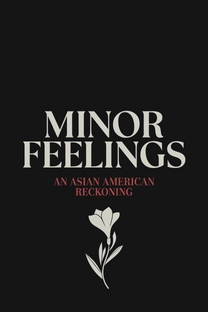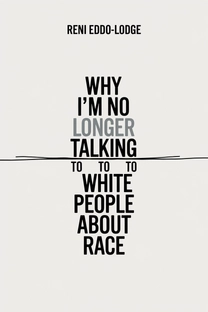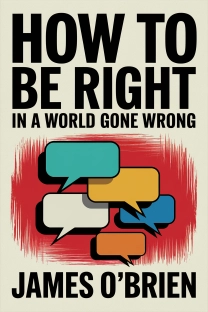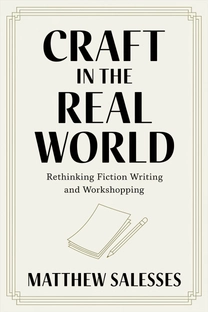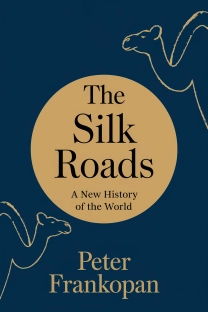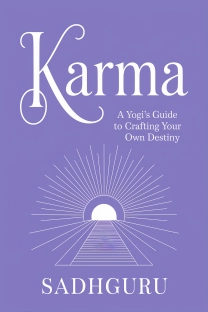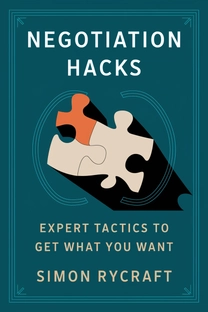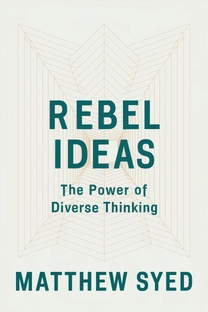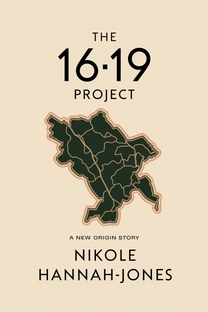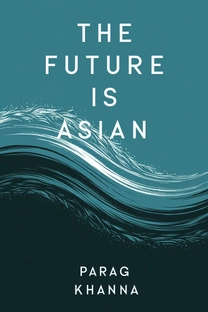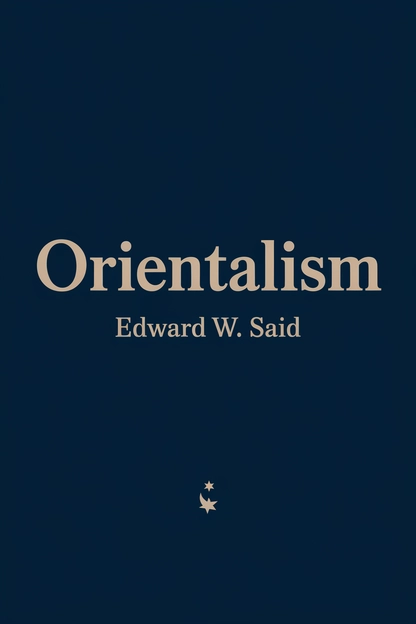
Orientalism
by Edward W. Said
Brief overview
This book explores how the idea of a mysterious “East” emerged in European thought and culture, shaping the West’s view of unfamiliar lands from North Africa to East Asia. Readers can expect to discover how images, scholarship, and personal journeys contributed to a powerful narrative that justified imperial ambitions. It invites reflection on how perspectives can be influenced by cultural preconceptions and political power.
Introduction
Imagine looking at distant lands through a lens that promises exotic wonders but also distorts what you see. That lens is at the heart of this book’s study. We embark on a journey to understand how Western culture has represented “the East,” or what many called the Orient. The author introduces a perspective that challenges us to see how old assumptions and myths still shape modern perspectives.
In these pages, sweeping historical accounts mix with close readings of academic texts and travel journals. The aim is to show that knowledge about the Orient was never neutral. Instead, it often served the interests of Western powers—fueling colonial expansion and reinforcing stereotypes.
But there’s more here than dusty archives or old maps. We also meet leaders, travelers, and scholars who debated what the Orient represented. Together, they formed a story so influential that it persists in films, newspapers, and even casual conversation today.
The Shaping of an 'Orient'
Europe’s fascination with faraway civilizations dates back centuries, but the modern labeling of “the Orient” emerged with particular intensity after the eighteenth century. Early explorers and scholars gathered fragments of languages, artifacts, and legends, piecing them together into a single place they named the East.
As voyages and trading routes expanded, so did a sense of superiority. Sponsored travelers returned with vivid stories, feeding an “Oriental” identity that was often incompatible with reality. Ancient texts were mined for clues, while local voices were rarely acknowledged. Gradually, entire regions were grouped under a single romantic banner, highlighting strangeness and mystique.
This process reveals that the Orient was not discovered like a hidden treasure. Instead, it was largely invented—shaped by Europe’s cultural needs and ambitions. Yet these early efforts still influence how modern audiences consume and process the idea of an exotic, distant East.
What is Orientalism about?
In his groundbreaking critique, "Orientalism," Edward W. Said takes an incisive look at the Western conceptualization of the "East." Published in 1978, the book reflects on the long-standing portrayal of the Orient—a term encompassing parts of Asia, the Middle East, and North Africa—as depicted by Western culture. Said delineates how storytelling and academic research over centuries contributed to a misrepresentation of Eastern identities, making such narratives essential components of imperial propaganda.
Drawing from historical accounts, literary studies, and contemporary politics, Said argues that Orientalism is not a neutral field but rather an often-politically charged structure that justified colonial rule and cultural dominance. This elegant text emphasizes understanding the broad influence of historical myths in shaping modern perception, encouraging readers to discern cultural biases and question standard narratives about the Orient. By challenging Western-established stereotypes around Eastern traditions, Said's "Orientalism" underlines the significant role of language and power in creating societal frames that persist to this day.
"Orientalism" remains profound for its vigorous examination of power relations and scholarly attitudes, delivering vital insights into the Western world's impact on global intercultural dialogues. It serves as a powerful lens to scrutinize not just historical misinterpretations but contemporary global relations where traces of Orientalist thought linger, prompting continued reflection across academic disciplines and beyond.
Review of Orientalism
Edward W. Said's "Orientalism" stands as a defining critique of how the West's conception of the Orient has evolved into an assumed reality. The book's cornerstone is its ability to unravel the layers of constructed images that the Western world has placed upon Eastern societies—images that are less about reality and more about Western imagination and dominance. Through meticulously referenced research and analytical prose, Said highlights a narrative system that serves imperial interests, rendering distorted portrayals of foreign cultures as static and inferior.
Said distinguishes "Orientalism" for its depth in identifying not just the what of Orientalist projections but the how—revealing the methods and motivations behind these Western narratives. The text exposes the machinations of power imbedded in apparently objective scholarly pursuits, providing a toolkit for understanding how cultural myths are created and maintained. With utmost clarity, Said addresses Orientalism's societal impacts, challenging readers to reassess inherited perspectives and consider how these views persist in modern global politics and academia.
Thriving on its rich, analytical articulation, "Orientalism" is essential for readers keen on cultural studies, historical analysis, and political critique. Its insights serve both scholars and casual readers, fostering important conversations on intercultural relations while equipping individuals to identify and counteract bias. Said's work is a clarion call for empathy and understanding in a world where acknowledging cultural complexity is more crucial than ever.
Who should read Orientalism?
- History Enthusiasts: This group will appreciate the book's exploration of colonial history and cultural interactions between the West and East.
- Cultural Studies Scholars: Readers interested in cultural representations and critical theory will find the analysis in "Orientalism" invaluable for their research.
- Social Scientists: Those within sociology or political science can benefit from the book's examination of power dynamics and their long-term socio-political effects.
- Literature Students: With its extensive reference to texts and narrative analysis, this book provides invaluable insights for understanding literary depictions of the 'Other.'
- General Readers: Anyone aiming to deepen their understanding of global cultural exchanges and identify biases will gain perspective from Said's engaging narrative.
About the author
Book summaries like Orientalism
Why readers love Mindleap
10-Minute Book Insights
Get the core ideas from the world's best books in just 10 minutes of reading or listening.
Curated For You
Discover your next favorite book with personalized recommendations based on your interests.
AI Book ExpertNew
Chat with our AI to help find the best book for you and your goals.
Reviews of MindLeap
Love how I can get the key ideas from books in just 15 minutes! Perfect for my busy schedule and helps me decide which books to read in full.
Alex R.
The summaries are incredibly well-written and the audio feature is perfect for my commute. Such a time-saver!
Jessica M.
Great app for personal growth. The insights are clear and actionable, and I love how they capture the essence of each book.
Chris P.
The app is beautifully designed and the summaries are top-notch. Definitely worth every penny!
Sarah K.


